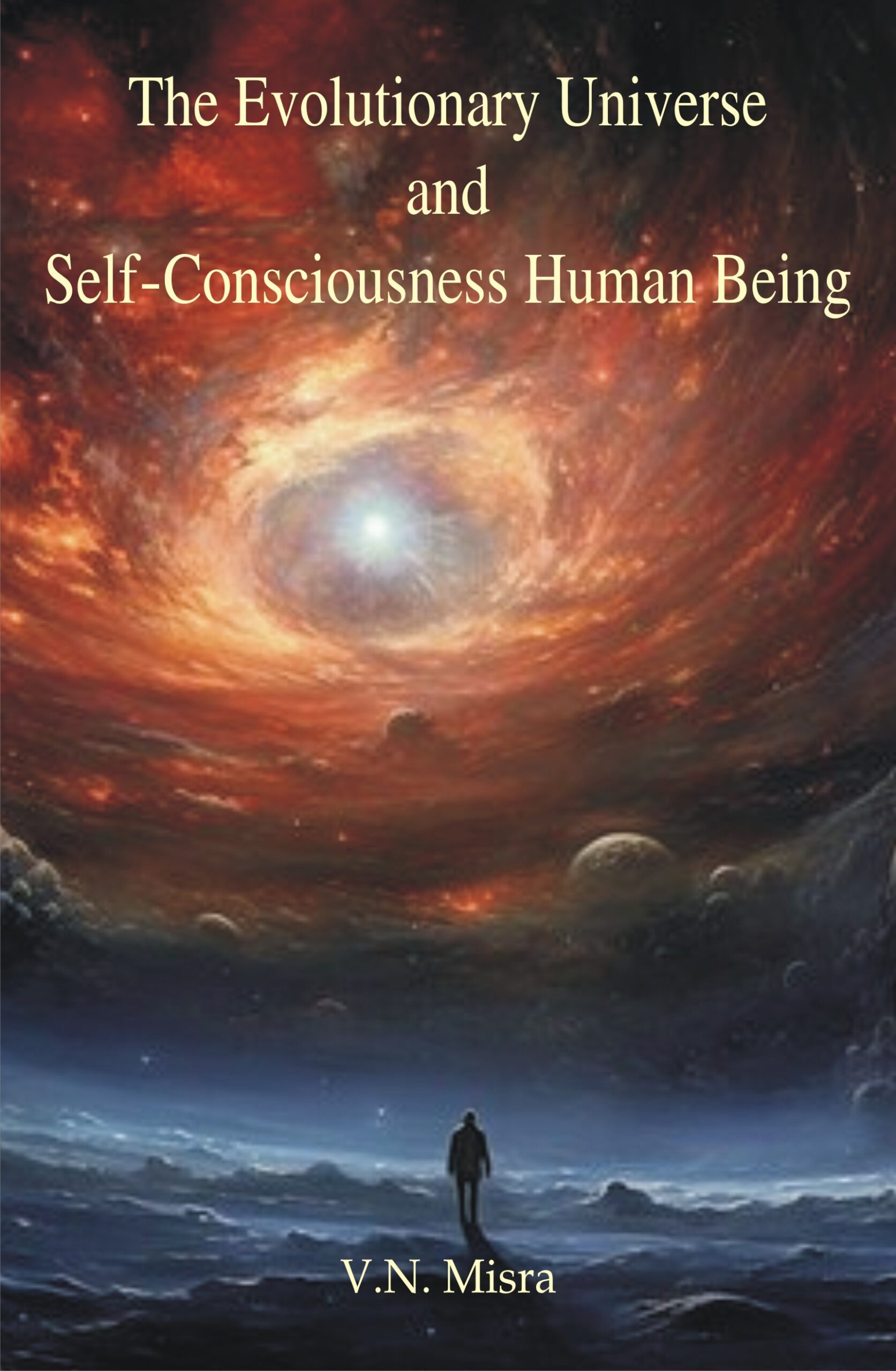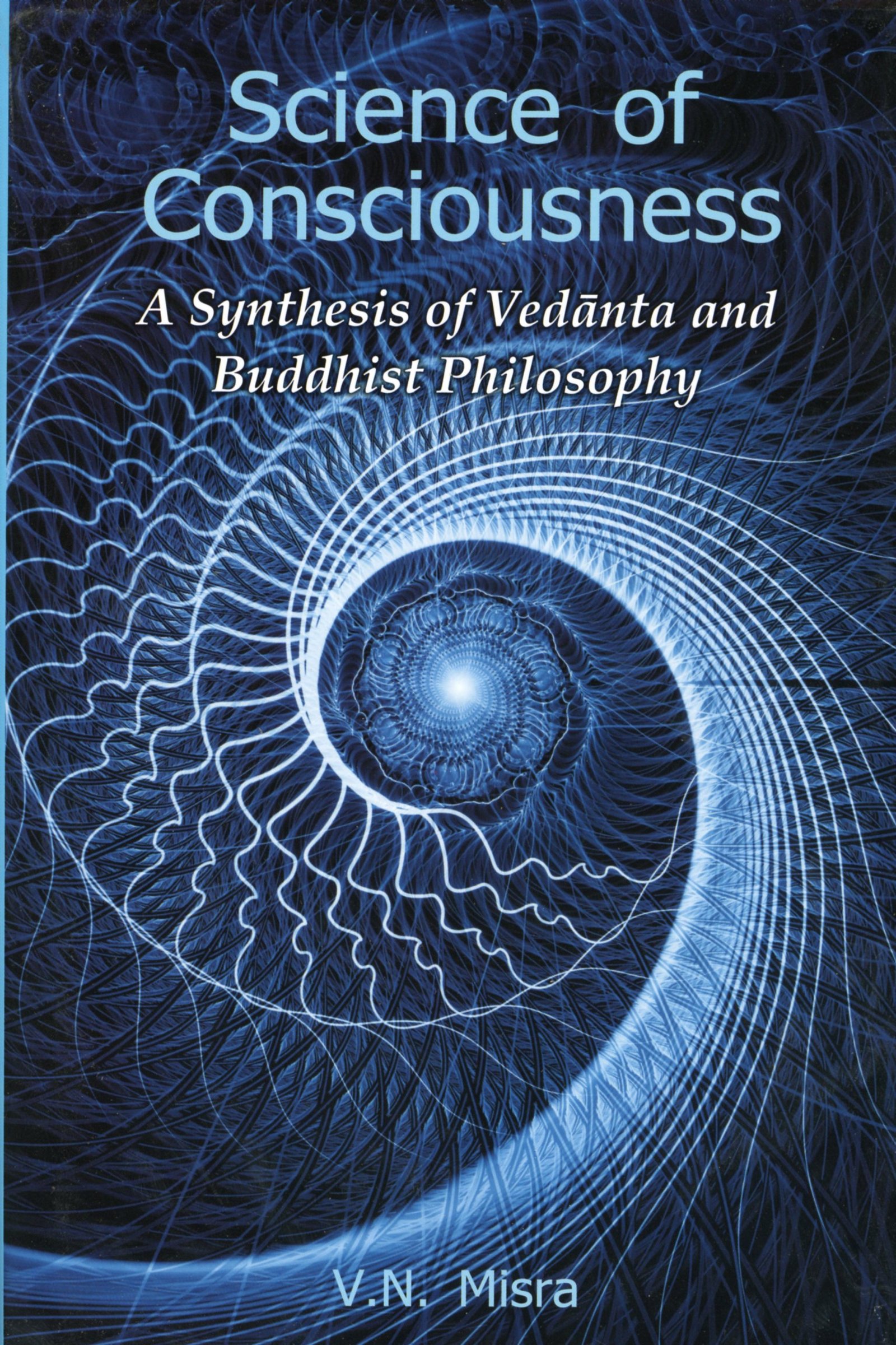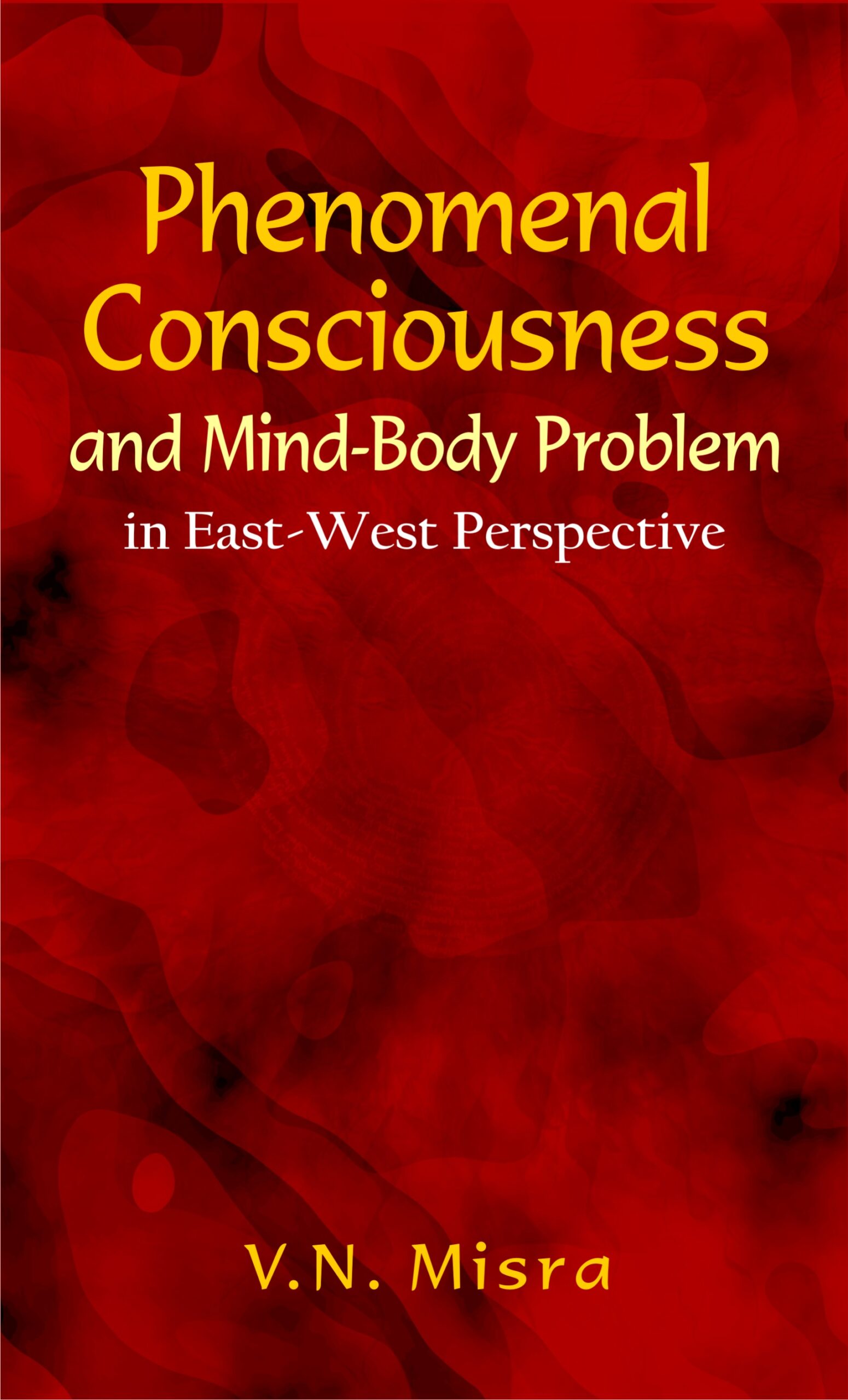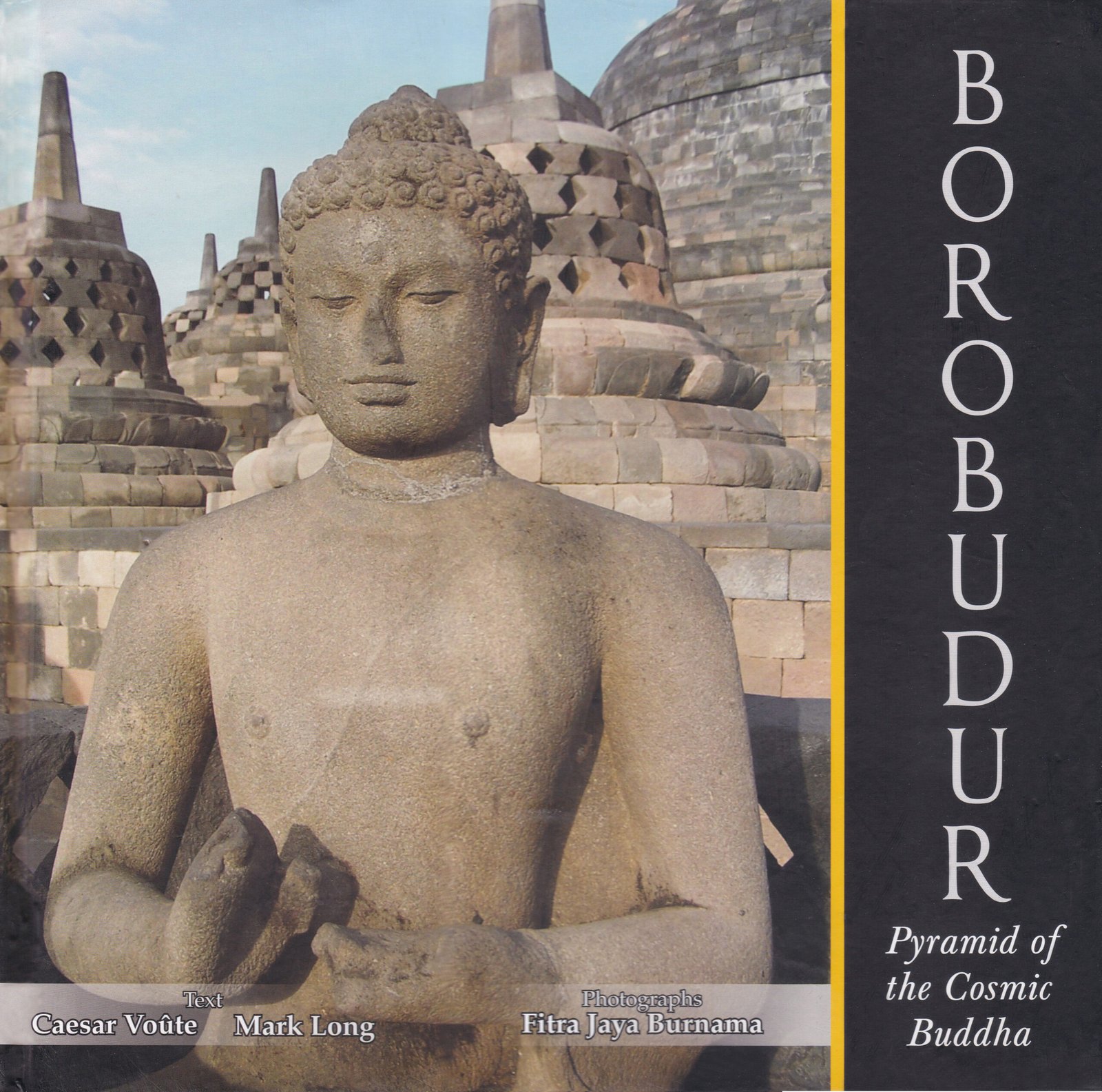

Phenomenal Conscious...
Phenomenal Consciousness and Mind-Body Problem
in East-West Perspective by: V.N. MisraOriginal price was: ₹800.00.₹720.00Current price is: ₹720.00.
ISBN: 9788124609460
Year Of Publication: 2019
Edition: 1st Edition
Pages : xv, 211
Bibliographic Details : Bibliography; Index
Language : English
Binding : Hardcover
Publisher: D.K. Printworld Pvt. Ltd.
Size: 23
Weight: 500
The problem of explanatory gap in the phenomenal consciousness has risen in the Western philosophy mainly because the consciousness itself and its manifestations or reflections are treated separately. Whereas, according to the Vedanta school of India, the phenomenal consciousness is merely manifestations of self-consciousness which is embodied in the human beings. In this approach, the phenomenal consciousness and self-consciousness are one and the same thing because the former depends upon the latter. Hence, there is no explanatory gap in the phenomenal consciousness. Similar is the case with the mind–body problem which exists in the Western philosophy mainly because the mind is treated as synonymous with consciousness.
This book solves the above problems on the basis of the Indian philosophy and existential philosophy of Jean-Paul Sartre. In both the philosophies, there is no explanatory gap in the phenomenal consciousness and the mind–body problem.v
Preface
Introduction
Explanatory Gap in Phenomenal Consciousness
Manifestation of Consciousness
The Identity Theory
Nested Hierarchy of Brain
David Bohm’s Concept of Matter
What Is Order
Interconnection between Consciousness and Matter
- Explantory Gap in Phenomenal Conciousness: Sloution in East–West Perspective
Introduction
Higher-Order Thought (HOT) as Explanation of Phenomenal Consciousness Critical Assessment
Kant’s Philosophy
Soul-Body Dualism
The Concept of I Think
Transcendental Unity of Self Consciousness
Pratyabhijna (Recognition) School of Kashmir Shaivism
- Mind and Consciousness in East–west perspective
Introduction
Western Philosophy
Mind
Consciousness
Consciousness and Attention
Explanatory Gap in phenomenal consciousness and Mind-Body Problem
Indian Philosophy: Mind and Consciousness in Upanishads
Mind and Consciousness in Advaita Vedanta
Buddhi
Concluding Remarks
- Consciousness in Advaita Vedanta
Introduction
Self-consciousness and Knowledge
Consciousness as Foundational Knowledge
Criticism of Pure consciousness as a fictitious entity
Consciousness as Witness
Unity of Cit-Atman (Pure Consciousness)
Nature of Reality
Existence and Consciousness
Causal Body of Human Being and Causal Consciousness
Concluding Remarks
- Consciousness in Jean-Paul Sartre’s Philosophy of Existentialism
Introduction
Characteristics of Consciousness
Classification of Being
Nothingness
The Cogito
Pre-reflective Consciousness (Non-thetic Consciousness) and Reflective Consciousness (Thetic Consciousness)
Consciousness of Pure Reflection
Consciousness and Time
Concluding Remarks
- Intentionality in East–West Perspective
Introduction
Intentionality of Consciousness in Western Philosophy
Cause and Motive
Intentionality of Waking Consciousness in Advaita Vedanta of Indian Philosophy
Perceptual Illusion
- Solutions to Mind–Body Problem in East–West Perspective
Introduction
Western Philosophy
The Body as Being For-Itself
The Body for Others
Indian Philosophy
Mind (Manas)
Body
Theory of Five Koshas of the Taittiriya Upanishad
Five Koshas as Solution of Body–Mind Problem
- Mental Causation and Inner Sense in East–West Perspective
Introduction
Internal Perception or Self-Consciousness and Reflection as Explained by Hamilton
Inner Sense
Self-Consciousness and Mental Perception
Alaya-Vijnana and Karmic Seed in Yogacara Vijnanavada Buddhism
Alaya-Vijnana and Momentariness
Epilogue
Bibliography
Index












There are no reviews yet.